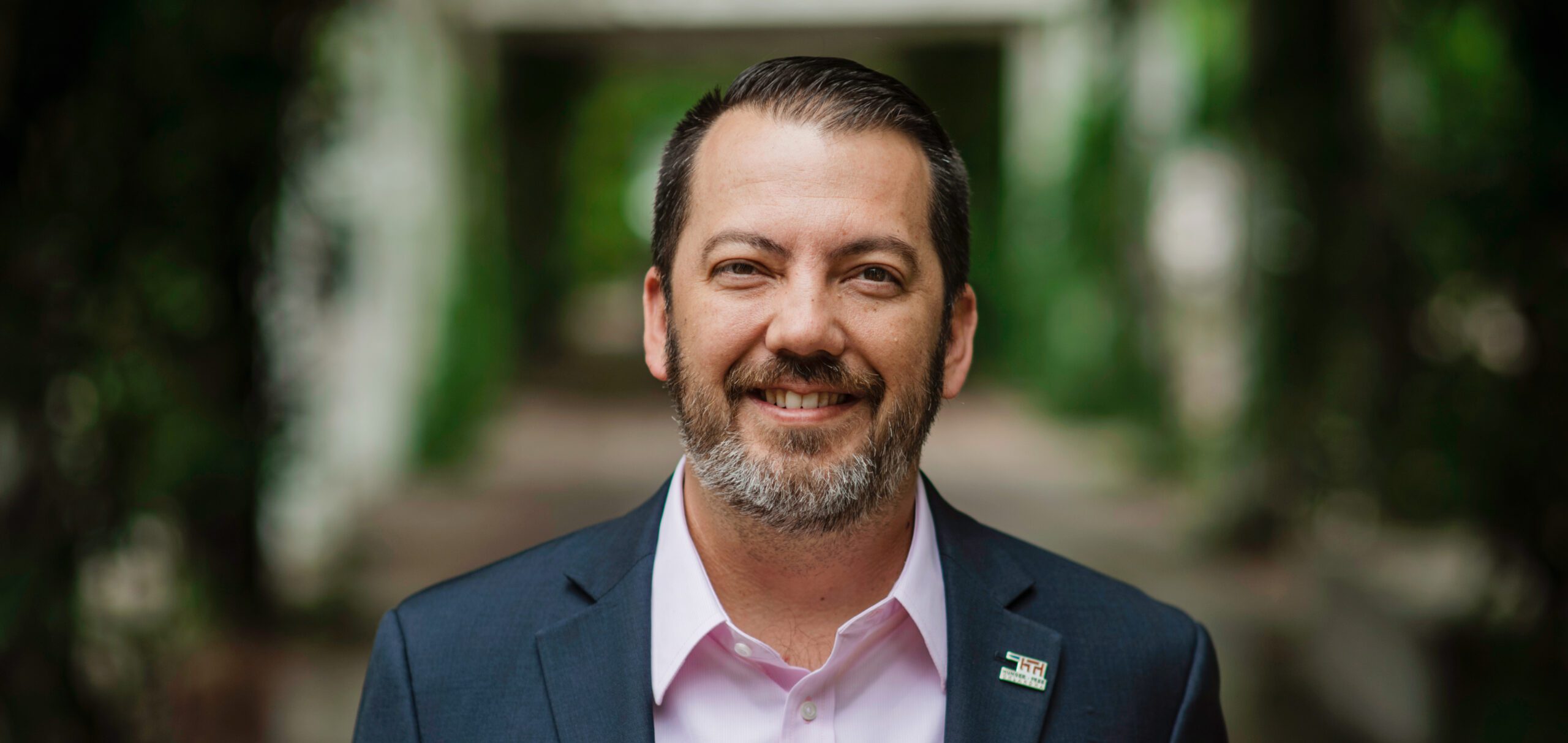By Chris Bernard, President/CEO
I recently spoke on the value of systems change and advocacy to a group of nonprofit leaders convened by the Oklahoma Center for Nonprofits. I was recognized with an innovation award, which was an acknowledgement of HFO’s staff and partner’s ability to creatively implement original approaches to fighting hunger in our state. I noted that the most important step for innovation is scaling. If it is not scalable, then an innovation is not a solution.
The solution to hunger, to housing, to poverty, or any other societal problem requires a coordinated effort. It requires the private sector for financial support to test new solutions, fund research, and support advocacy and it requires the non-profit sector do that work, to identify gaps, and build and test solutions. The totality of all those components: financial support, collaboration, and experimentation is how we identify what works. But scaling the multifaceted solutions to systemic problems and sustaining them year after year is impossible without the resources and reach of government partners. The work HFO has done to support hundreds of partners across the state, to impact hundreds of thousands of Oklahomans’ lives, and bring back billions of dollars to Oklahoma to address hunger for our neighbors and friends cannot happen without government partners and programs.
If we want Hunger Free Oklahoma and our partners to be successful in our mission, if we want to address our deepest problems and bring about transformative change, if we want to build a state where every Oklahoman can thrive and contribute to our state’s success, then we need two things:
· First, we need sufficiently funded and staffed federal, state, and local government, so they can effectively administer programs, distribute resources, and partner with our sector.
· Second, we need policy makers and decision makers who understand government’s role in our largest problems, who prioritize data and research over ideology and politics, and who understand that their job is to facilitate solutions, not stifle them.
Long-term impacts take long-term work. We can end hunger in Oklahoma, we can end poverty, we can solve society’s biggest problems, but it takes all of us working in lockstep with the necessary resources, private and public, the political will, and informed civic action.

